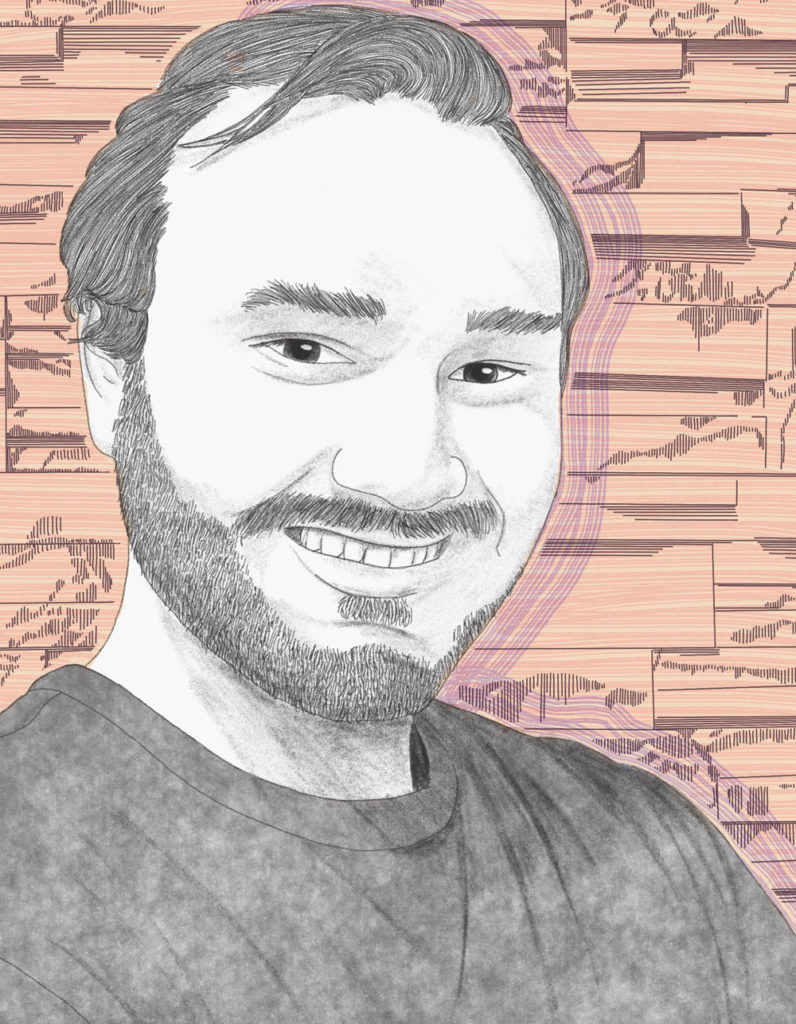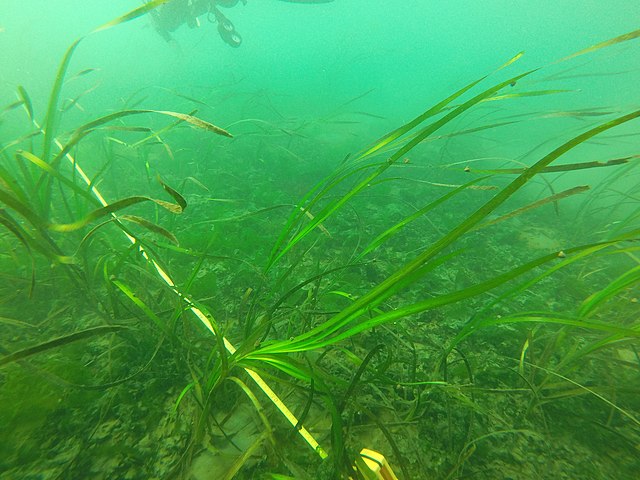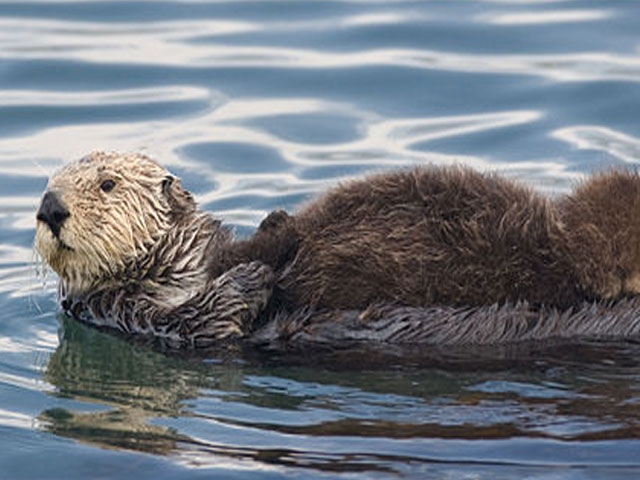
“There’s a million different potential outcomes for things. Being open to the many various outcomes that can happen helps people make better plans.”
Humans started trashing rivers 7,000 years. Since then, century after century, the water quality of many rivers deteriorated. At first, changes occurred slowly. But by the time the Industrial Revolution rolled around, humans’ harsh treatment of rivers and its nasty impacts picked up momentum and it scaled up from a few random rivers to most of Earth’s rivers being affected by pollution.
But recently, some urban rivers are undergoing transformations. Waterways that once were essentially sewers are becoming sanctuaries for wildlife and places people can access. The organization Nick Wesley co-founded, Urban Rivers, is creating The Wild Mile, the first-ever floating eco-park of its scale in the world. It’s a mile-long floating park located on the North Branch Canal of the Chicago River, a manmade channel along the east side of Goose Island between Chicago Avenue and North Avenue.
How You Can Help Nick Build The Wild Mile
When completed, the Wild Mile will have floating gardens, forests, public walkways and kayak docks. The Wild Mile will function as a public park, open-air museum, botanical garden, a recreation destination, a classroom for the community, and it will provide habitat for native wildlife.
The organization Nick co-founded, Urban Rivers has a robust and active volunteer program where you can do hands-on work. (In the interview for this episode, Nick said they have about 200 volunteers.) You can also donate money—which is an awesome act to perform to support ideas you love.
Sources for the Facts & Stories in this Episode
For information on the history and origin of the group, “Friends of Trashed Rivers, here’s an article Jill Riddell wrote for the Chicago Reader. It has some lively quotes from Laurene Von Klan, an activist mentioned in the episode.
For history on rivers: Watch Wendover Productions‘ wonderful video on “Why Cities Are Where They Are.” The source for the part of this episode about how long humans have been polluting rivers was archaeologist Russell Adams at the University of Waterloo in Canada. Adams and his colleagues studied a riverbed in the Wadi Faynan region of southern Jordan. Adams was researching this area for more than 30 years to understand the rise of metallurgy. Seven thousand years ago is around the time when we humans started to move away from making crude tools out of stones to making more specialized and precise tools out of metal. (For more on Adams’s discoveries—including the pollution of the river—read this article.)
For information on the river in Berlin: Nick mentioned Flussbad. The Flussbad (“river pool”) is a project that is cleaning up a polluted canal along the River Spree. Located in a highly visible and much-visited part of the city, the plan will add new wetlands and provide spots where people can literally dive into the river. You can learn more about how to visit it here and read more about the concept in Archinet and the New York Times.
For information on the Shedd Aquarium’s program: Nick praised the Shedd Aquarium for its energetic efforts to conserve the Chicago River, and specifically he called out the Kayaks for Conservation program, where anyone who’s interested can go out in a kayak and learn more about the river and help clean it up.



[Photo by Michael L. Baird]

[Photo by Michael L. Baird]

[Photo by Evie Fachon]
